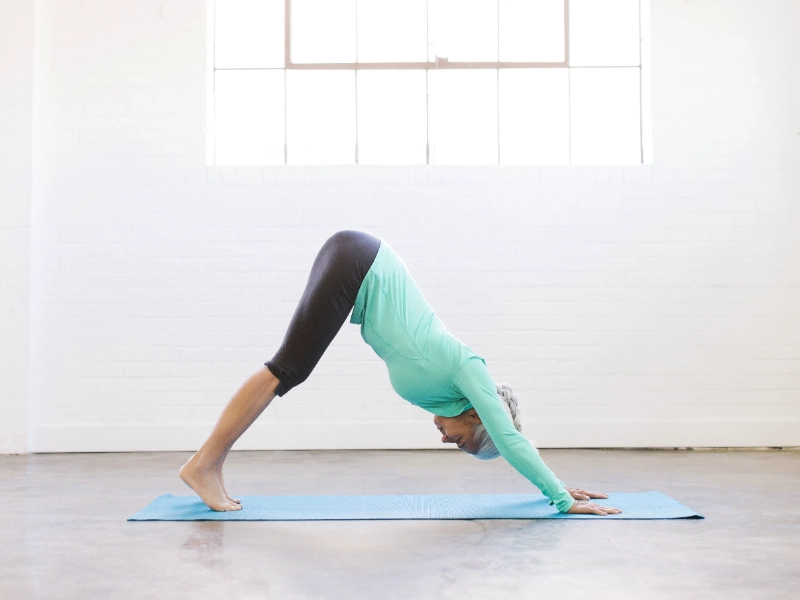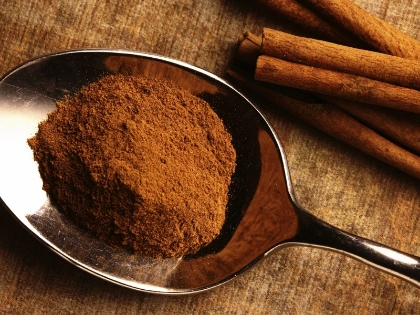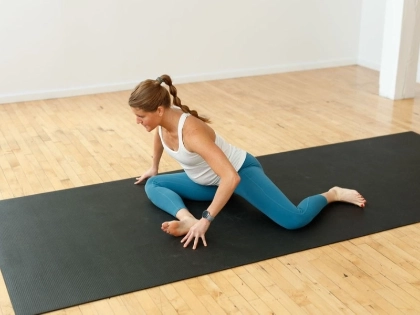It may take some trial and error to figure out the ideal carbohydrate-to-protein ratio and timing for your recovery meals, but in general, a balanced meal is essential. This comprises healthy fats, protein, and carbs (such as those found in fruits, vegetables, and whole grains).
1. Have a nutritious snack

After your training session, make sure you have a good source of protein and carbohydrates as the first step in your workout recovery. Protein is essential for muscular growth and healing, and carbohydrates restore energy reserves. Pick lean meats and poultry, eggs, soy products, milk, nuts and seeds, and whey powder as high-quality protein sources. Pick whole grains (pasta and bread), fruit, quinoa, chocolate milk, and sweet potatoes as carbohydrate-rich options.
You should also include some dietary fat because it aids in the body's absorption of specific nutrients and can aid in the healing process after exercise. Nuts, avocados, and a small amount of extra virgin olive oil are good sources of fatty acids. Lastly, consider include some sour cherry juice in your post-exercise regimen. This well-liked beverage has a lot of antioxidants and is thought to help with recuperation after a workout. Another crucial component of recovering from a workout is sleep. To aid in the healing and restoration of your muscles, try to get seven to nine hours of sleep per night.
2. Drink Water

Drinking enough water is essential for optimum function and recuperation, particularly following exercise. By eliminating metabolic waste and resupplying vital nutrients to the muscles, drinking water enhances endurance, speeds up recovery, and lessens soreness.
The body loses electrolytes like magnesium, sodium, calcium, and potassium during exercise in addition to water. A smart approach to replenish them is to consume a beverage that contains these minerals, like a sports drink or a smoothie prepared with milk, fruit, and non-dairy protein powder.
Within the first two hours following an exercise, try to restore 125% to 150% of the fluid lost through perspiration, advises Williams. Drinking two glasses of liquid for every pound of perspiration lost during the activity might be necessary to achieve this. Remember that consuming too much fluids can lead to hyponatremia, a severe decrease in blood sodium that can induce nausea, headaches, dizziness, and confusion. Make sure you aren't overdoing it by keeping an eye on the colour of your urine.
3. Stretch

You may have heard that you should exert more effort throughout your workouts in order to increase your level of fitness. But for advancement, including appropriate healing methods in your regimen can be as crucial.
Stretching and cooling down are crucial components of post-exercise recovery. Stretching after a workout can assist release tension in your muscles and lower your chance of injury. Stretching after a workout can help your muscles become more flexible by increasing range of motion and reducing the accumulation of lactic acid.
Getting enough sleep is just as vital as stretching. Sleeping for the full seven to nine hours is recommended since it will enable your body to release growth hormones, which are essential for everyday muscle repair and recovery. Alcohol can also impede the process of muscle recovery, therefore you should attempt to stay away from it. To stay hydrated, sip water instead. Water consumption can also aid in preventing dehydration, which frequently occurs after exercise.
4. Relax

Getting enough sleep is crucial for the recuperation process after an exercise. The body releases growth hormones during sleep, which help with muscle rehabilitation and repair. Aim for 7–9 hours of sleep each night.
The mind-muscle link is strengthened through relaxation methods like meditation, which allows you to execute your workouts with more control and accuracy. It also facilitates the condition of mental tranquilly that lowers stress and supports physiological well-being.
Even though it may seem contradictory, including recovery into your workout regimen is crucial to reaching your objectives for weight loss, muscle gain, or overall fitness. You risk burnout and injury if you push yourself to your limit every day without allowing your muscles to rest. According to Leber, tiredness, intense muscular pain, and exercise plateaus are all indicators that you should intensify your post-workout recovery plan. With the correct workout recovery strategy, you may quickly get your desired results.
Advertisement
Recommended Reading: Which Fruit is Best For Heart and Kidney Disease?

























Comments
Leave a Comment
Your email address will not be published. Required fields are marked *